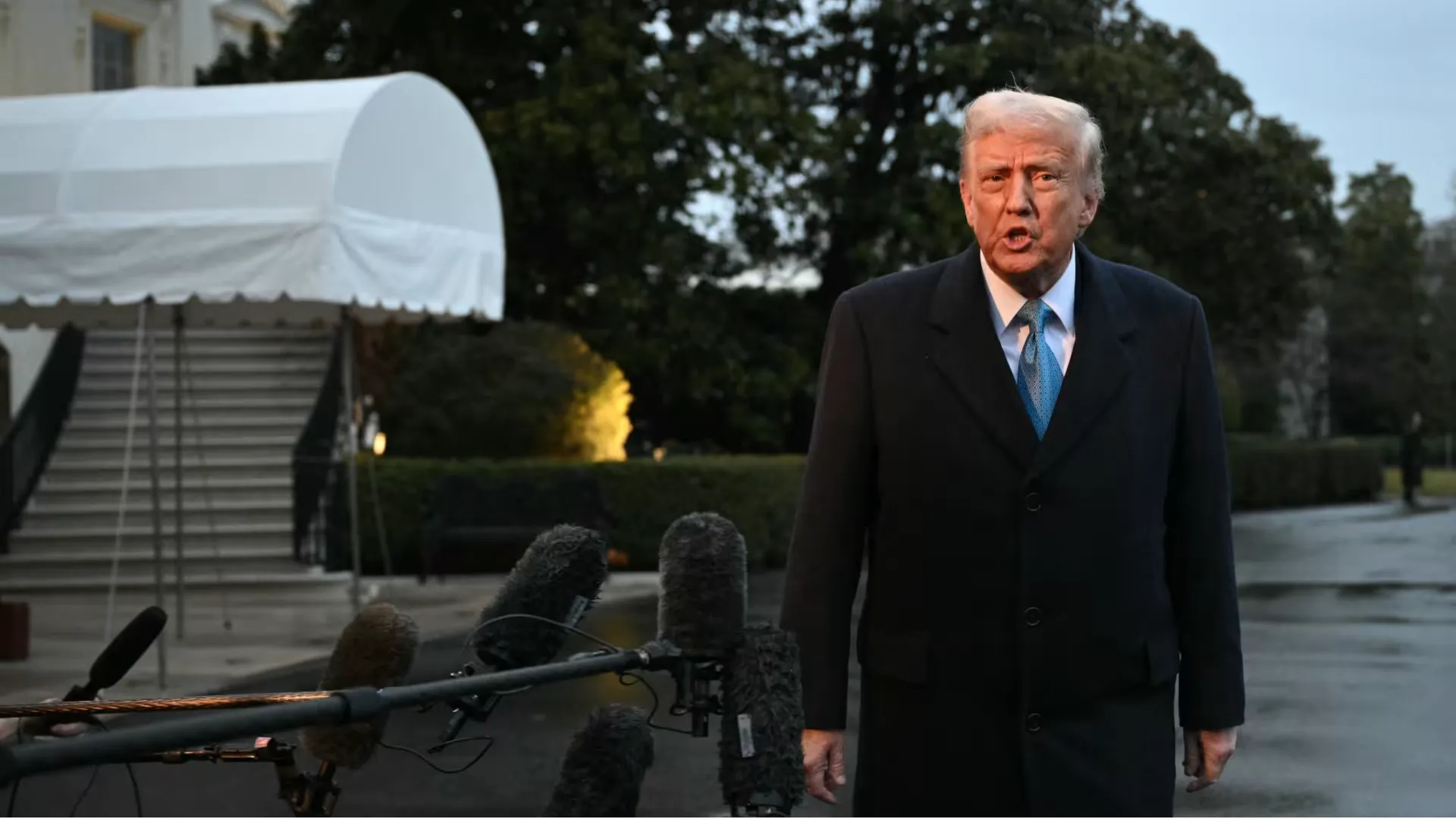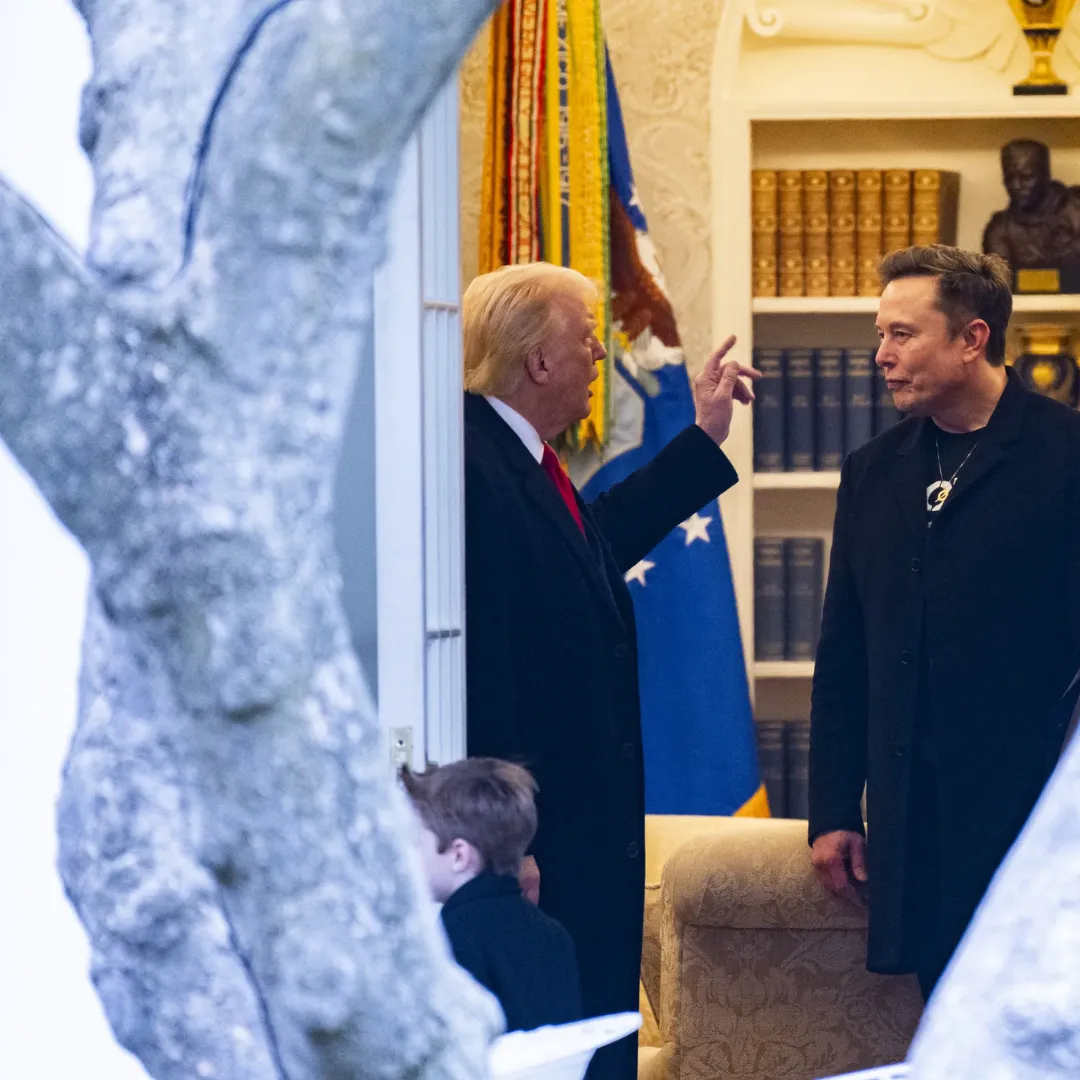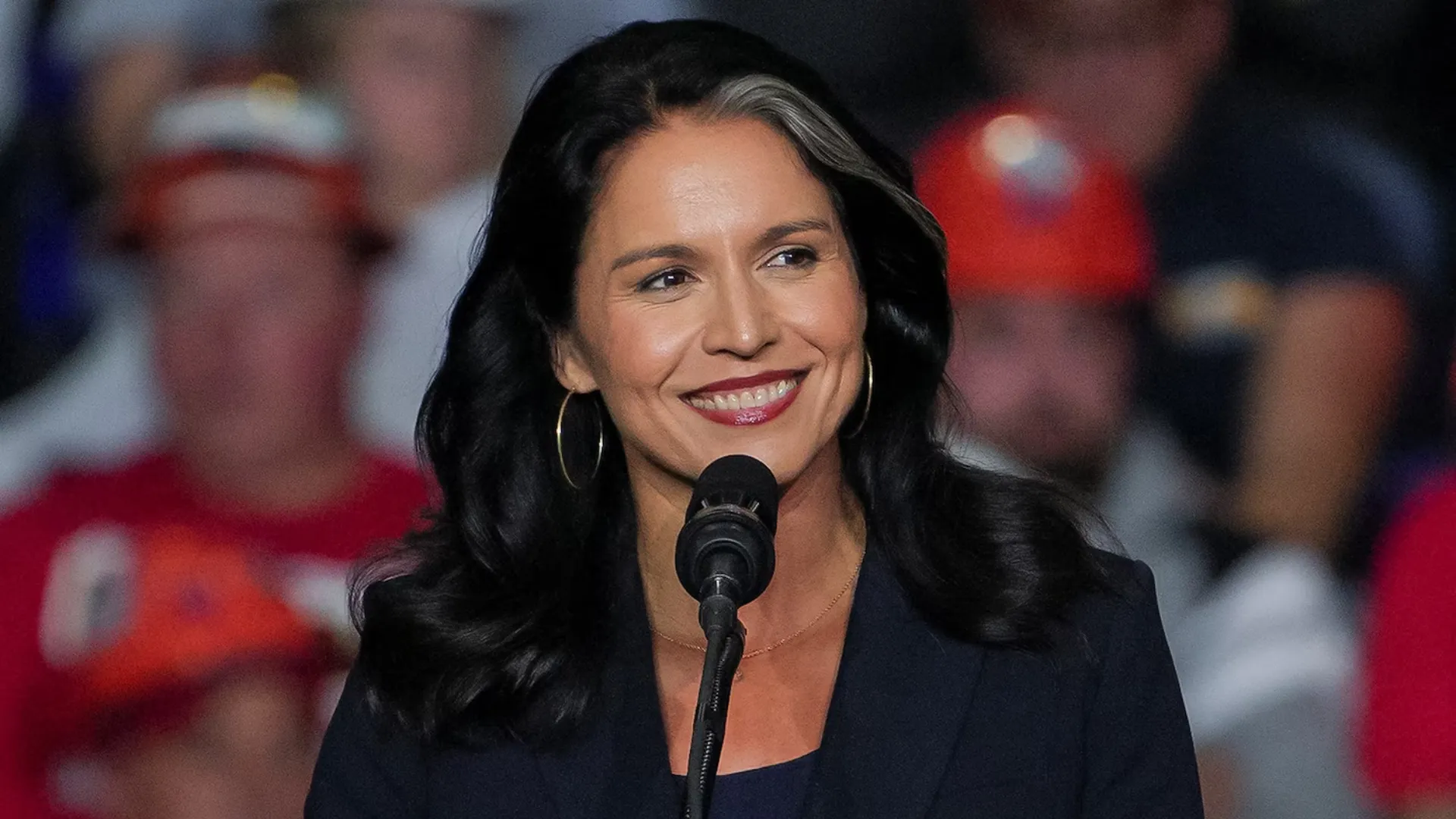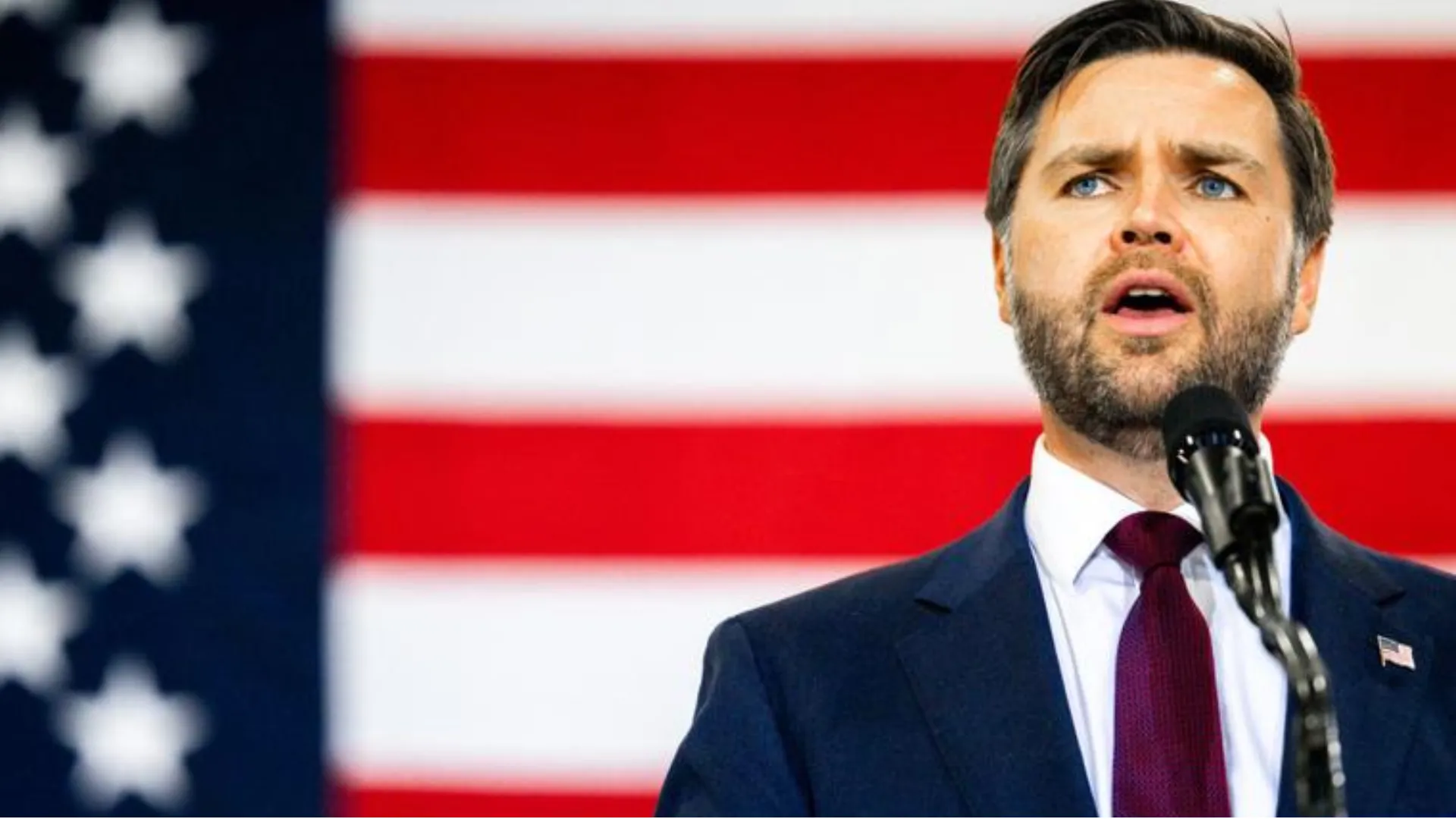
A federal appeals court in Washington, D.C., has denied TikTok's request to delay a looming ban on the popular social media platform, which is set to go into effect on January 19, 2025.
This decision marks a significant setback for TikTok, which had sought to block the enforcement of a new law that would require the platform to sever ties with its China-based parent company, ByteDance, or face a nationwide ban in the United States.
TikTok filed its appeal earlier this week, asking the U.S. Court of Appeals for the D.C. Circuit to pause the ban while it prepared to escalate the case to the Supreme Court.
TikTok argued that a delay would allow the Supreme Court to review the case "in a more orderly fashion" and give the incoming U.S. administration an opportunity to reassess its stance on the issue.
In response to the ruling, a TikTok spokesperson said the company remains committed to fighting the ban and intends to take the case to the highest court in the country.

"As we have previously stated, we plan on taking this case to the Supreme Court, which has an established historical record of protecting Americans’ right to free speech," the spokesperson said in a statement. "The voices of over 170 million Americans here in the U.S. and around the world will be silenced on January 19, 2025, unless the TikTok ban is halted.”
The ban, which was signed into law in April, mandates that TikTok cut all operational and ownership ties with ByteDance before the January deadline.
If TikTok fails to comply, the app will be banned across the U.S. Lawmakers have already instructed Apple and Google to prepare for the removal of TikTok from their app stores if the company does not meet the requirements by the deadline.
TikTok had hoped that the appeals court would grant a temporary pause on the ban, but the request was ultimately rejected. The Justice Department also argued against TikTok's request, urging the court to allow the law to take effect as scheduled.

Despite this setback, TikTok still has a legal avenue to pursue. The company can appeal directly to the Supreme Court, and its legal team has already indicated plans to do so. Since the appeals court responded to TikTok’s request in a timely manner, the company still has time to file a motion with the Supreme Court before the ban takes effect.
This case is shaping up to be one of the most significant legal battles in the U.S. technology sector, as it raises questions about user privacy, free speech, and national security.
TikTok's critics, including many U.S. lawmakers, have long argued that the app poses a threat to national security due to its ties with ByteDance, a Chinese company. Lawmakers claim that TikTok could be used as a tool for espionage or data collection by the Chinese government, although TikTok has repeatedly denied these allegations.
The company insists that its operations in the U.S. are independent and that user data is stored on American servers, not in China.

TikTok has also pointed out that it has made significant efforts to increase transparency and security, including opening a transparency center in the U.S. where government officials can review its data practices.
However, TikTok's efforts have not been enough to satisfy U.S. lawmakers, who have pushed for stronger measures.
The pressure on TikTok has intensified over the past few years, with growing bipartisan support for a complete ban. Lawmakers argue that banning the app is the only way to protect American users from potential surveillance and data misuse.
For now, TikTok is pinning its hopes on the Supreme Court. In its statement on Friday, the company expressed optimism that the nation's highest court would uphold the principles of free speech.
"The Supreme Court has an established historical record of protecting Americans’ right to free speech, and we expect they will do just that on this important constitutional issue,” TikTok said in its statement.
The outcome of this legal battle will have far-reaching implications for not only TikTok but also other foreign-owned technology platforms operating in the U.S.
If the Supreme Court sides with TikTok, it could limit the government’s authority to ban tech platforms over security concerns. On the other hand, if the ban is upheld, it may set a precedent for stricter regulatory control over foreign-owned digital platforms in the United States.
The clock is ticking for TikTok. The company must now prepare a compelling case to present before the Supreme Court, as the January 19 deadline inches closer.

Millions of American TikTok users could be affected by the outcome of this case, especially those who rely on the app for entertainment, social interaction, and even income through content creation and brand partnerships.
If the Supreme Court does not grant a stay on the ban, Apple and Google will be required to remove TikTok from their app stores, effectively cutting off access for millions of users in the U.S.
While existing users may still be able to use the app for a short period, updates and security patches would no longer be available, rendering the app outdated and vulnerable over time.
As TikTok’s legal team prepares its case for the Supreme Court, the decision will be closely watched by other tech companies, legal experts, and human rights advocates.
The balance between national security, free speech, and privacy will be put to the test, and the court’s ruling could set a landmark precedent for how foreign tech platforms operate in the U.S. moving forward.



